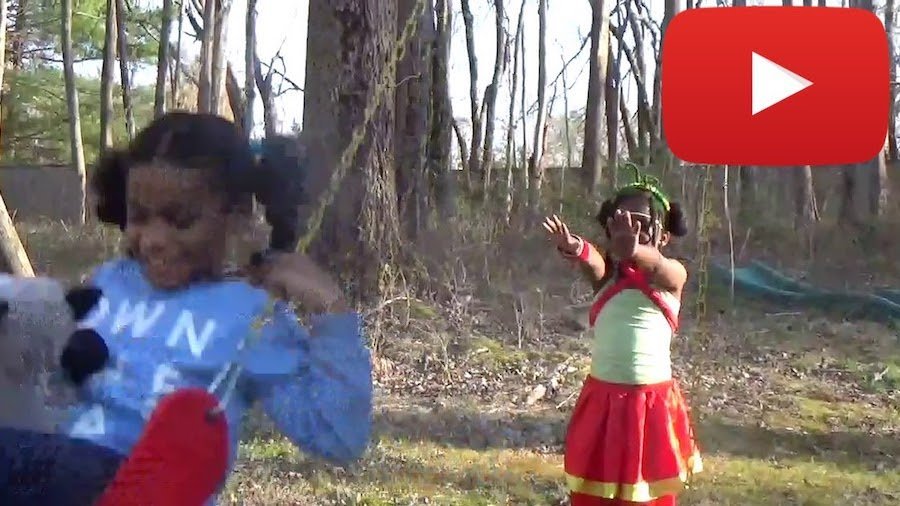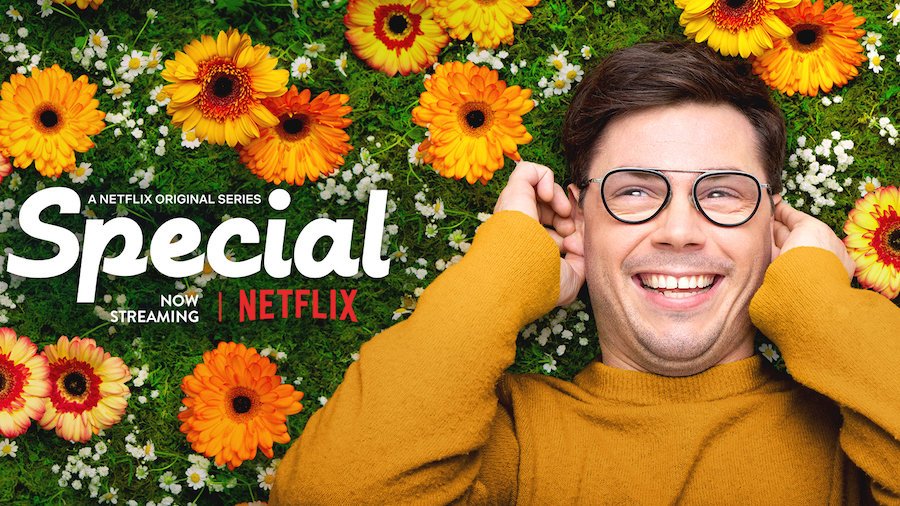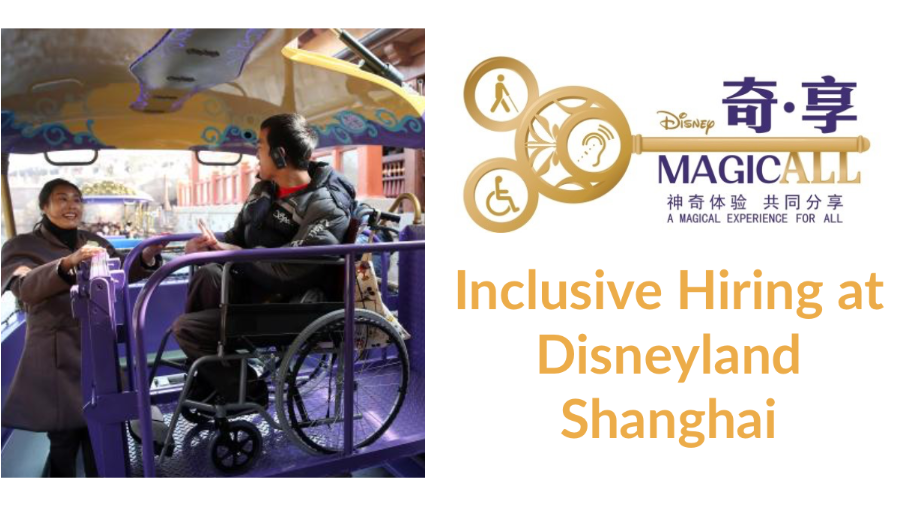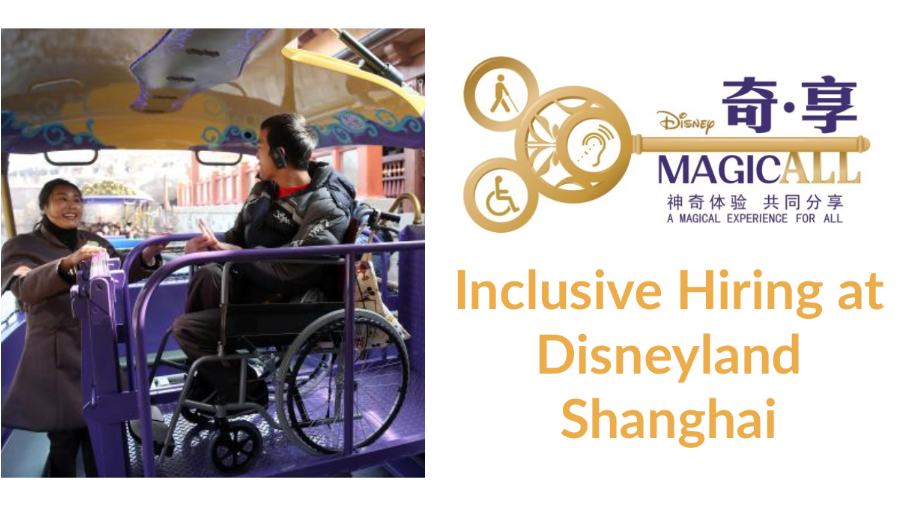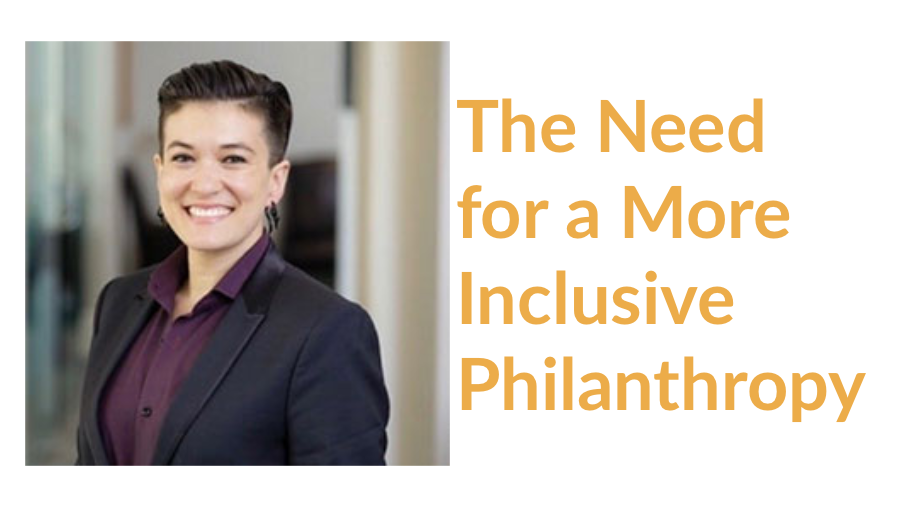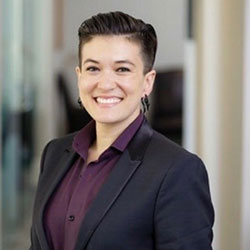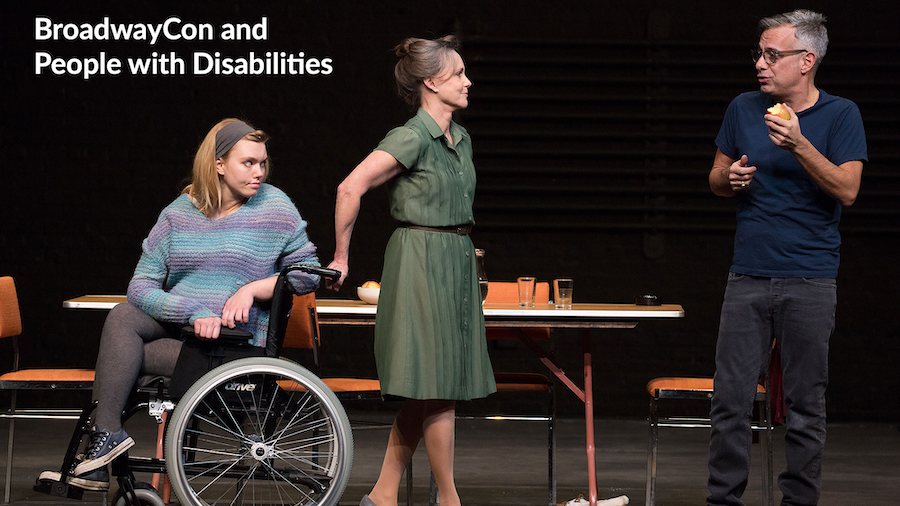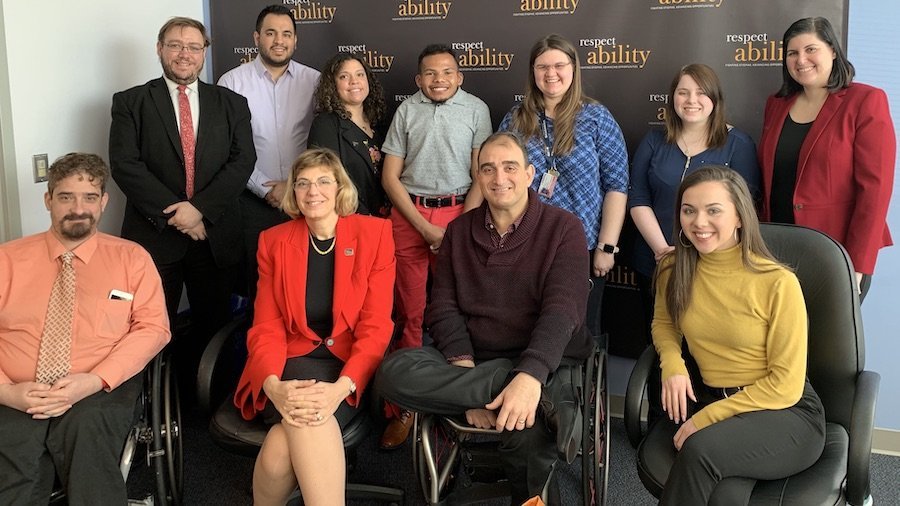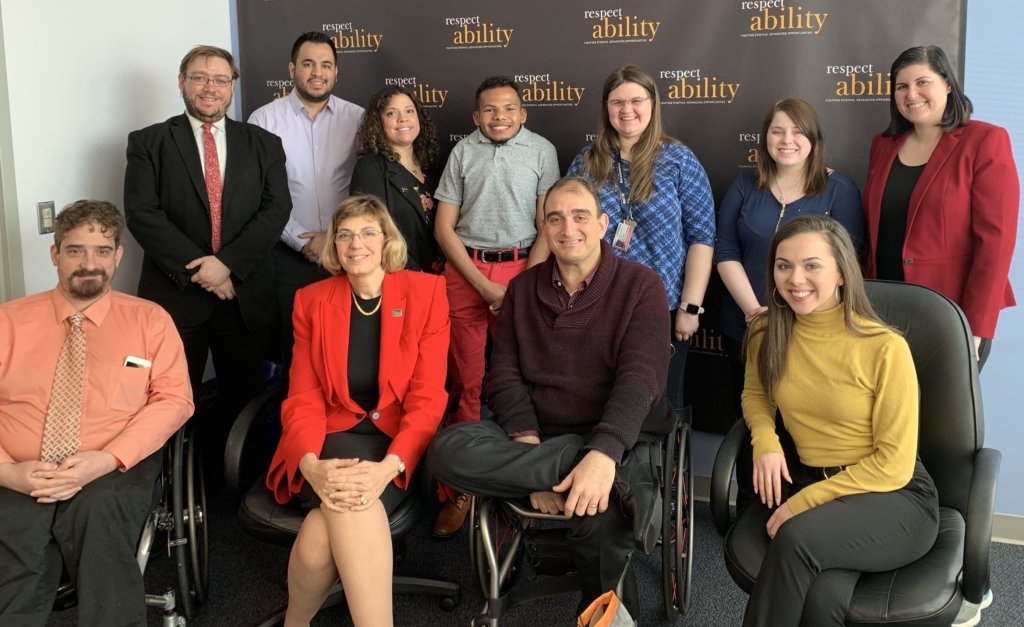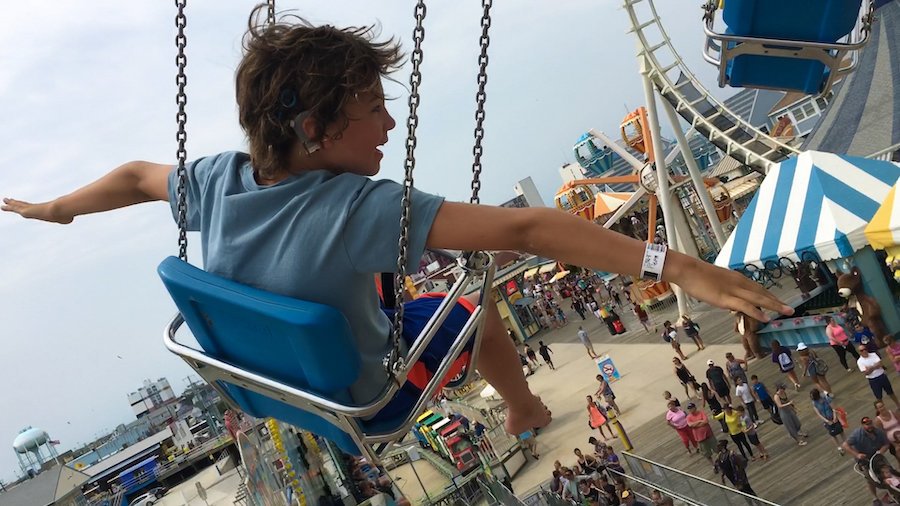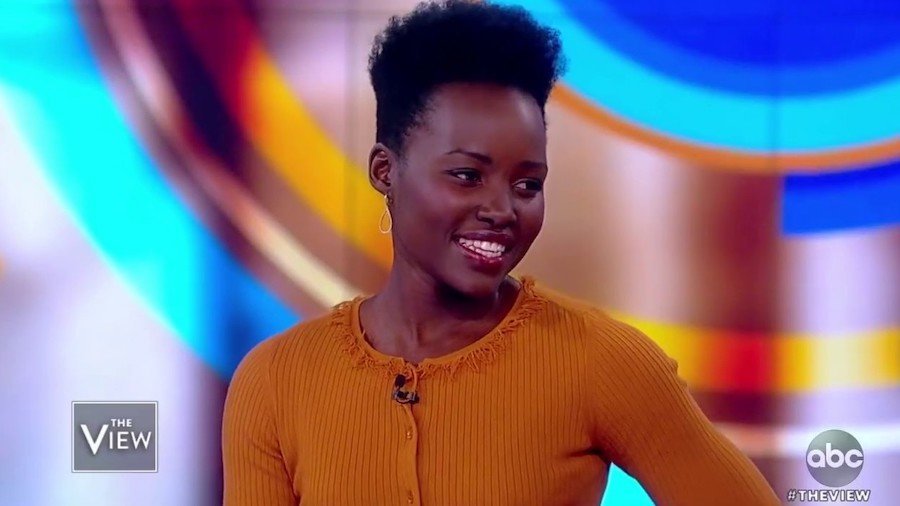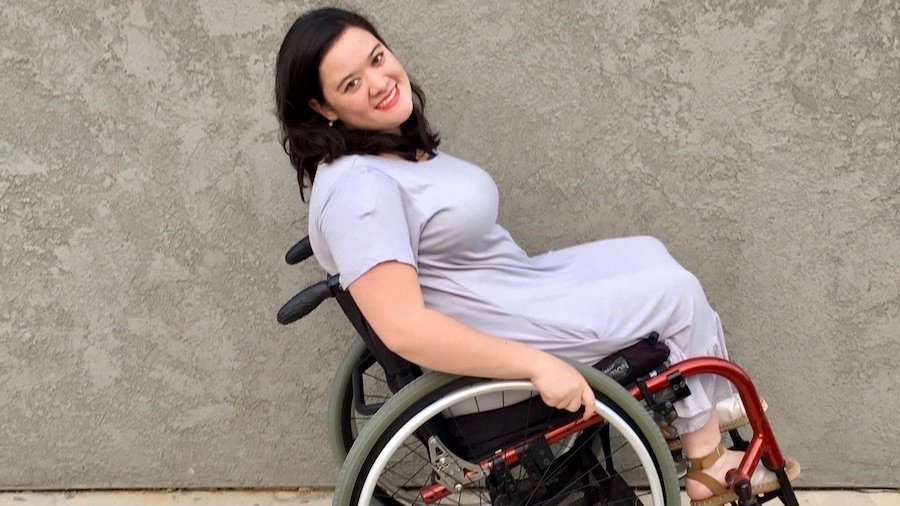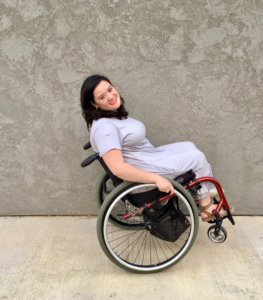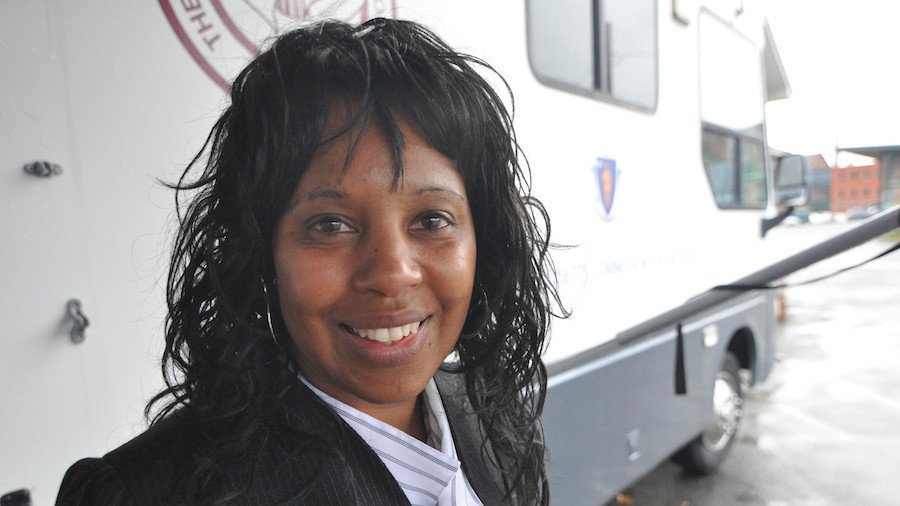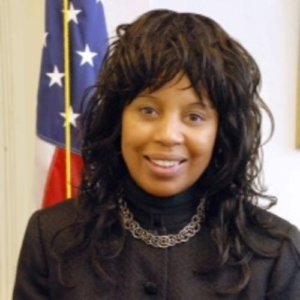Rockville, Maryland, April 15 – Emily Kranking has had an interest in filmmaking since she was a child. The Easterseals Disability Film Challenge gave her the opportunity to make her directing and writing debut. Her film, Saylor and Selena, tells the story of Saylor (Aidan), a girl with autism, and Selena (Addison), her imaginary friend – an alien, who is seeing Earth the first time.
The weekend-long competition gives filmmakers — with and without disabilities — the opportunity to collaborate to tell unique stories that showcase disability in its many forms. Kranking, an actress with hemiplegia cerebral palsy known for The Homecoming: A Musical (Nancy), was excited for the opportunity to challenge herself.
“Easterseals Disability Film Challenge showed me that you don’t need to be a professional to make movies,” she said. “It has really inspired me to write more short scripts and stories about characters with disabilities.” [continue reading…]


